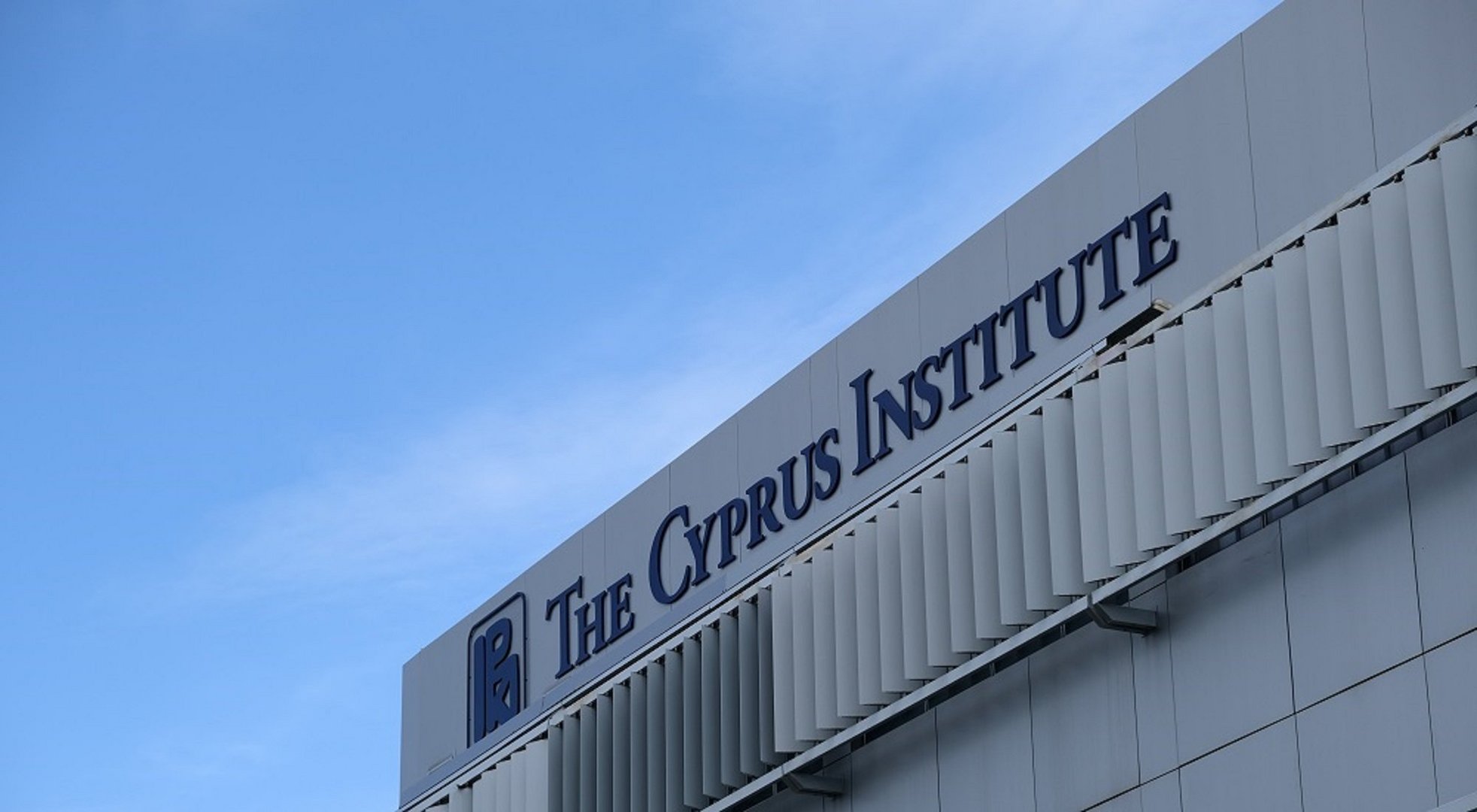Parliamentarians on Thursday tried to take a deep dive into the workings of the state-funded Cyprus Institute, but ended up with more questions than answers.
A research and educational foundation co-funded by the state, the Cyprus Institute was formally established in 2005 and began operations in 2007. It is supported by the Cyprus Research and Educational Foundation (Cref).
MPs were reviewing the findings of the Audit Office’s report on the institute, covering the period 2019 to 2021.
Independent MP Andreas Themistocleous, who tabled the matter for discussion, set the tone by asking what happened to an announcement dating back to 2004 about a cooperation agreement between the institute and Harvard University. He wanted to know why the deal never went through.
Next, he brought up the example of a University of Cyprus professor, appointed by the Cyprus Institute as a part-timer in 2012. According to Themistocleous, the professor did not declare this parallel employment to the university. Later, when the university did find out, it continued to pay the professor in full.
Another case raising eyebrows concerned the ex-president of the Cyprus Institute, who is still working at the age of 74. Themistocleous said this individual is now slated to be named honourary president, a title that comes with benefits after retirement.
Going on, the MP mentioned the institute’s purchase of a four-bedroom residence for €600,000. The premises are in bad shape, having been built in the 1960s.
As the examples piled on, lawmakers began asking questions about squandering of public moneys.
Akis Kikas, an official with the Audit Office, gave a brief summary of the institute’s establishment. He said initially in 2004 a trust was set up by the Cref, and the following year the Cyprus Institute was formally incorporated as a limited liability company by guarantee without share capital.
This is a type of non-profit without any shareholders but owned by members called guarantors who agree to pay a nominal amount in the event of the company being wound up.
In effect, said Kikas, the institute served as the Cref’s “executive arm”.
Being a company, the institute is audited by private auditors. As such, the auditor-general may only check the use of the annual state grant.
In 2023, the institute’s total revenues tallied at €17 million, of which the state grant comprised €7 million.
The Audit Office official next noted “serious shortcomings” in the setup of the institute, in terms of its reliance and close interaction with the Cref. Kikas pointed out that all the members of the institute’s board of directors also serve in one capacity or other at the Cref.
Another finding related to incidental expenses of the Cref being covered by the state grant paid to the institute. This practice was not justified, said Kikas.
Of the Cref, Kikas said it had founded a number of companies which engaged in the incorporation of spinoffs. In these spinoffs, the companies had a 49 per cent participation, and institute researchers a 51 per cent participation.
It was unclear whether the researchers worked for these spinoffs outside their normal working hours.
Kikas also confirmed that the ex-president of the institute would imminently be named honourary president and receive associated benefits.
Responding to the various points raised, the current president of the institute Stavros Malas – a former health minister – said they have implemented 95 per cent of the Audit Office’s recommendations.






Click here to change your cookie preferences